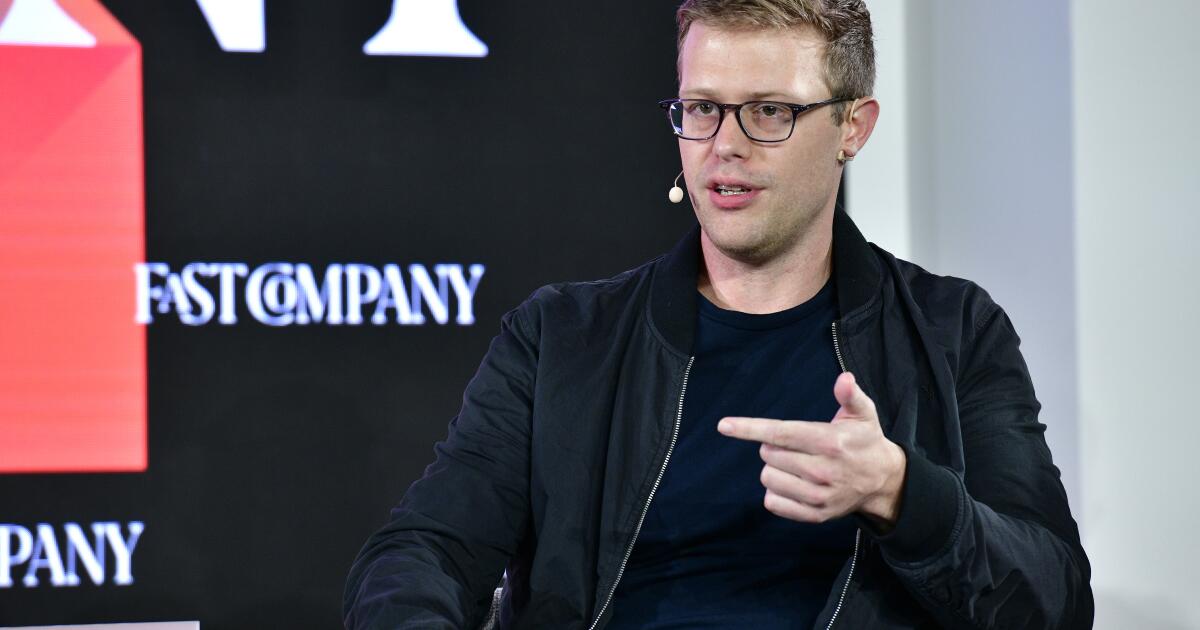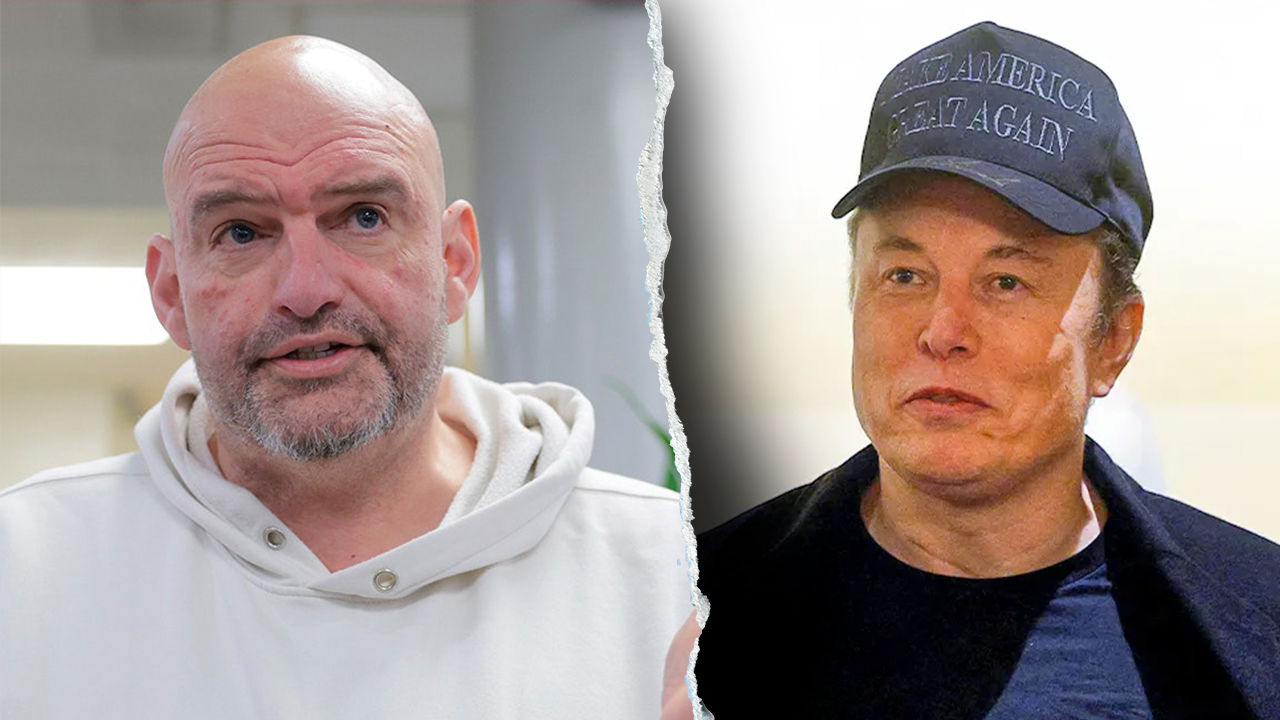The governor gave a commencement speech at Northwestern University earlier this month.
Industrialist Anand Mahindra never fails to treat us to the most engaging content through his social media updates. The Chairman of Mahindra Group, who has 10.7 million followers on Twitter, regularly piques their interest with funny, motivational, and trending topics.
The 68-year-old also imparts important life lessons to his followers, and this time, he shared a video of Governor of Illinois J B Pritzker giving some valuable advice to a group of university students. The governor, who is also a businessman, gave a commencement speech at Northwestern University in Evanston, Illinois, earlier this month.
”The kindest person in the world is often the smartest..”. Listening to this #SundayMorning sermon would be a smart thing to do…,” Mr. Mahindra wrote while sharing the video.
Watch the video here:
“The kindest person in the world is often the smartest..”. Listening to this #SundayMorning sermon would be a smart thing to do… pic.twitter.com/FzsgHsEWbm
— anand mahindra (@anandmahindra) July 30, 2023
The speech, which heavily referenced several quotes from the iconic sitcom The Office, revolved around the need for young people to develop their own “idiot detection system.”
“If you want to be successful in this world, you have to develop your own idiot detection system. The best way to spot an idiot? Look for the person who is cruel,” adding, “When we see someone who doesn’t look like us, or sound like us, or act like us, or love like us, or live like us—the first thought that crosses almost everyone’s brain is rooted in either fear or judgement or both. That’s evolution. We survived as a species by being suspicious of things we aren’t familiar with,” he said.
“In order to be kind, we have to shut down that animal instinct and force our brain to travel a different pathway. Empathy and compassion are evolved states of being. They require the mental capacity to step past our most primal urges,” Mr Pritzker explained.
In the video, Mr. Pritzker further talked about the importance of being a kind person.
He said, ”Over my many years in politics and business, I have found one thing to be universally true: the kindest person in the room is often the smartest. So, what are the kinds of people we should stay away from? “Look for the person who is cruel.”
“Empathy and compassion are evolved states of being. They require the mental capacity to step past our primal urges. This may be a surprising assessment because somewhere along the way in the last few years, our society has come to believe that weaponized cruelty is part of some well-thought-out master plan. Cruelty is seen by some as an adroit cudgel to gain power. Empathy and kindness are considered weak. I’m here to tell you that when someone’s path through this world is marked with acts of cruelty, they have failed the first test of an advanced society,” Mr Pritzker further added.
Internet users loved the beautiful message and thanked Mr. Mahindra for sharing it. Many called it the ”kindest, smartest, wittiest speech.”
One user wrote, ”Intelligence and kindness can go hand in hand, and being kind may reflect someone’s emotional intelligence and understanding of others. It’s a perspective that highlights the value of compassion and empathy alongside intellectual abilities.”
Another commented, ”The world will be so beautiful and peaceful if only most can follow this simple yet powerful advice…”
A third added, ”True, Empathy and Kindness often considered to be a weakness (by the cruel lot), is actually a winner in the long run.” A fourth wrote, ”Such a beautiful thought. Only a strong human can be kind, the weak ones usually use their claws a lot.”
Click for more trending news
Featured Video Of The Day
Girl, 5, Sexually Assaulted In Kerala, Body Found In Sack A Day Later
































